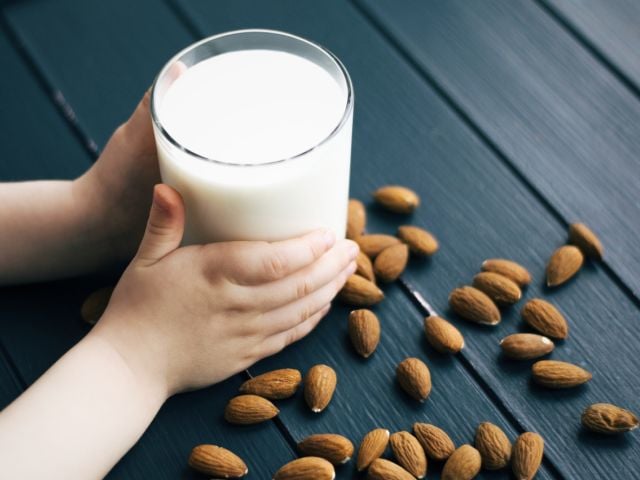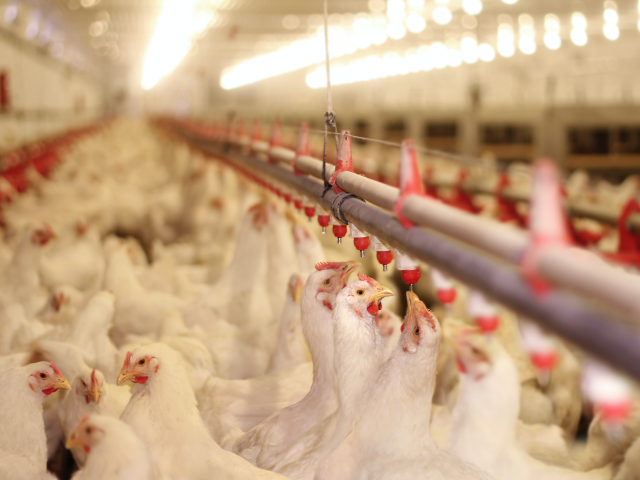Protecting the future of our food and water
What did you eat today? Did you drink a glass of water? Do you know where your food and water came from and how it got to your table?
For many of us, the origins of our food and water are a mystery. Understanding how food is grown and the impact of chemical industrial farming on our drinking water is challenging.
We’re reimagining the way our food goes from farm to table, because the way we produce food influences our health, quality of life and our environment.
EWG pushes for common-sense farming practices that protect our drinking water and produce healthier food.










